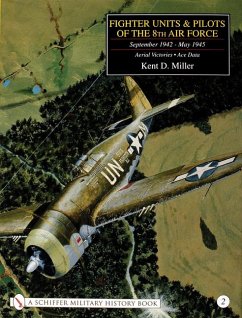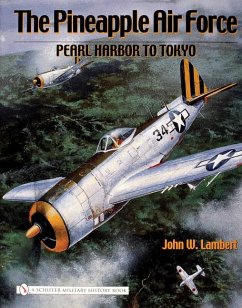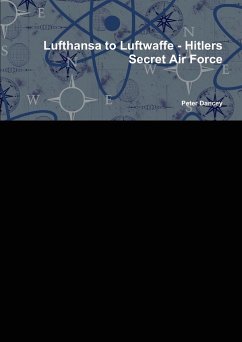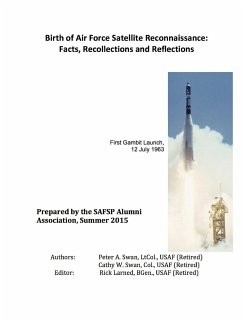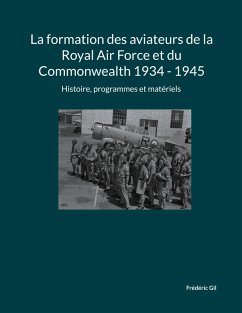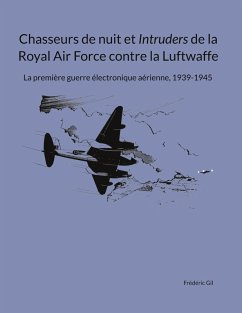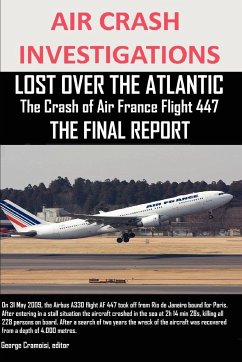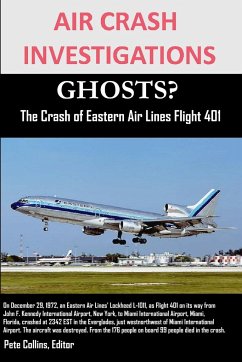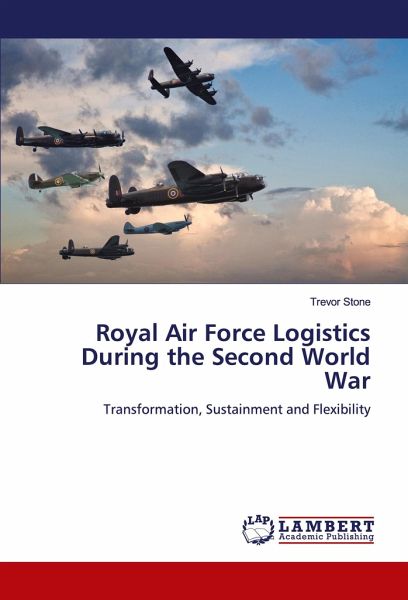
Royal Air Force Logistics During the Second World War
Transformation, Sustainment and Flexibility
Versandkostenfrei!
Versandfertig in 1-2 Wochen
52,99 €
inkl. MwSt.

PAYBACK Punkte
26 °P sammeln!
By the end of the Second World War, the Royal Air Force (RAF) was operating just under 55,500 aircraft and had a workforce (men and women) of just over 1 million people. The RAF¿s global presence was widespread, with units eventually operating across Europe to as far afield as North Africa, the Mediterranean, India and the Far East. To deliver air power on this global scale required an extensive and efficient support infrastructure; a key part of this was logistics. Despite this substantial undertaking, very little has been written about how the RAF prepared its logistics support for war and ...
By the end of the Second World War, the Royal Air Force (RAF) was operating just under 55,500 aircraft and had a workforce (men and women) of just over 1 million people. The RAF¿s global presence was widespread, with units eventually operating across Europe to as far afield as North Africa, the Mediterranean, India and the Far East. To deliver air power on this global scale required an extensive and efficient support infrastructure; a key part of this was logistics. Despite this substantial undertaking, very little has been written about how the RAF prepared its logistics support for war and how it delivered this throughout the war years. This ground-breaking study examines how the RAF established its logistics infrastructure during the inter-war years and explores various facets of its supply chain management during the war itself from 1939 to 1945. It concludes with an overall assessment of logistical effectiveness. The research methodology employed is innovative in that it uses an inter-disciplinary approach through the use of a management science model to conduct an historical study.



